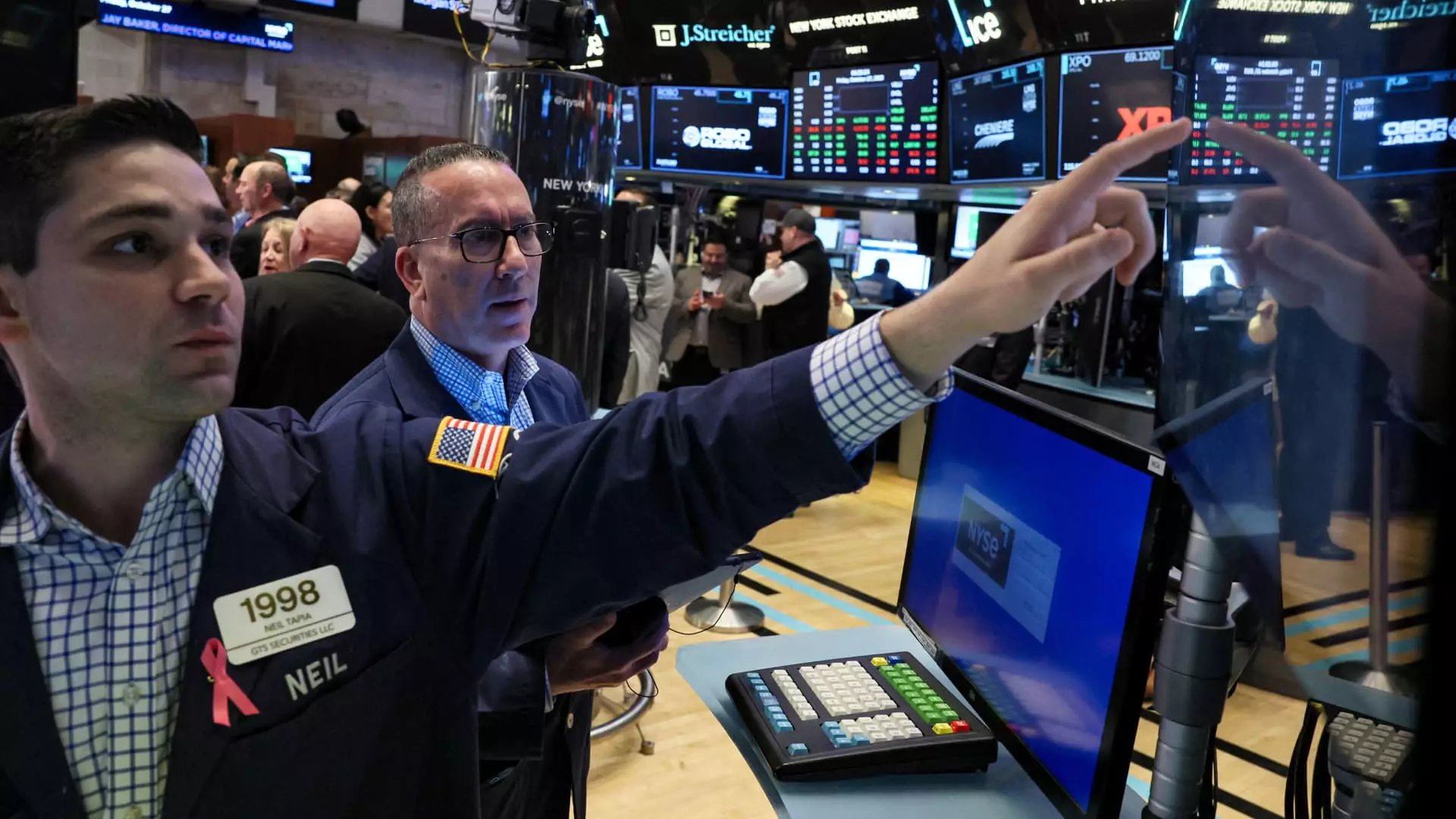The stock market took a deep dive last week as the S&P 500 entered correction territory. With all three major averages experiencing significant losses, investors are growing increasingly concerned about the state of the economy.
Both the Dow and S&P 500 fell by 2.1% and 2.5%, respectively, over the course of the week. The Nasdaq was hit the hardest, plummeting by 2.6% due to sharp declines in key tech stocks such as Meta Platforms and Google-parent company Alphabet. The decline in these stocks pushed the Nasdaq into correction territory, with a staggering 10% drop from its July closing high.
The uncertainty surrounding the economic outlook is a significant factor contributing to market volatility. While the third-quarter GDP print was exceptionally high, there is a general consensus that the US economy is expected to slow down. The question remains: how much and how fast will it slow down? Dave Sekera, the chief U.S. market strategist at Morningstar, highlights this concern, emphasizing the shaky economic climate.
Disappointing Earnings
This week’s market performance was further impacted by disappointing earnings reports from major companies. Ford experienced a 14% drop in their stock after missing third-quarter expectations and withdrawing its guidance for the year due to the UAW strike. Similarly, Chevron shares fell by 13% after the energy giant reported underwhelming earnings.
Traders also closely monitored new inflation data, specifically the core personal consumption expenditures (PCE) reading for September, released ahead of the Federal Open Market Committee meeting. The core PCE reading showed a 0.3% increase in the last month and a 3.7% increase year over year, in line with economists’ estimates. Additionally, consumer spending exceeded expectations with a 0.7% increase, signaling a potential silver lining amidst the market turmoil.
As the stock market enters correction territory, investors must grapple with a multitude of concerns. The shaky economic outlook, disappointing earnings, and inflation data all contribute to the current market volatility. While there are some positive signs, such as increased consumer spending, the overall sentiment remains cautious. The coming weeks will be critical in evaluating the future direction of the market and the economy as a whole. Investors should brace themselves for continued uncertainty and diligently monitor market developments.


Leave a Reply